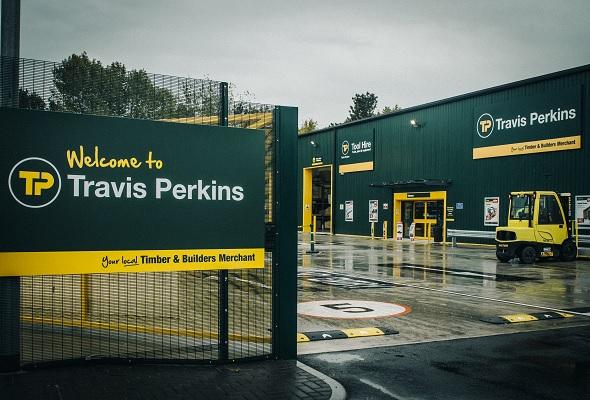December 18 2024
Mediaworks' Christmas Charity: Love, Amelia
This year, our team was inspired by a day spent volunteering with Love, Amelia - a remarkable organisation making a profound difference in the lives of young families.
December 17 2024
Mediaworks Partner with Worldpay, the Leading Payment Provider
As a proud partner of Worldpay, Mediaworks is committed to helping our clients reduce costs through competitive and efficient payment gateway solutions tailored to your business needs.
October 15 2024
Mediaworks Unveils Automotive Pulse Report 2024/25: A Sector Spotlight for Digital Leaders
The automotive industry is undergoing a significant digital transformation, and Mediaworks is leading the way with the launch of its Automotive Pulse Report 24/25.
September 24 2024
Mediaworks Partners with Travis Perkins to Boost Sales Through a Strategic SEO Initiative
Leading Leeds, Newcastle, Manchester and Edinburgh, digital marketing agency Mediaworks is delighted to announce a strategic partnership with Travis Perkins, the UK’s largest supplier of building materials.
September 04 2024
Mediaworks Expands Client Roster With Major Client Wins
This summer, Mediaworks embarked on a journey that would redefine its presence in the digital marketing world. As the warm months rolled in, so did a wave of new and prestigious clients, each bringing unique challenges and opportunities.
August 28 2024
Leisure Lakes Bikes and Mediaworks Pedal to Success with Unprecedented Sales Growth
In a remarkable journey of growth and innovation, Leisure Lakes Bikes proudly announces the stellar success of its partnership with Mediaworks.





